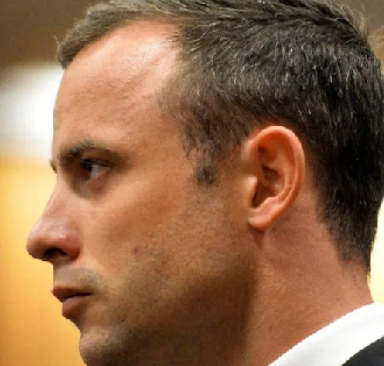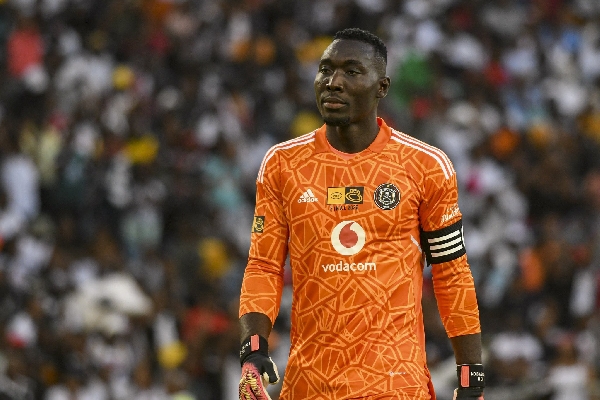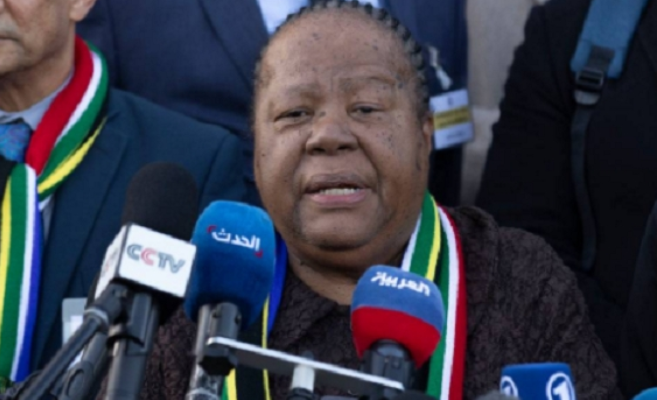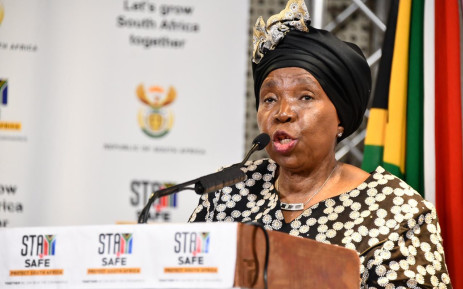South Africa’s Ramaphosa to be sworn in for second term
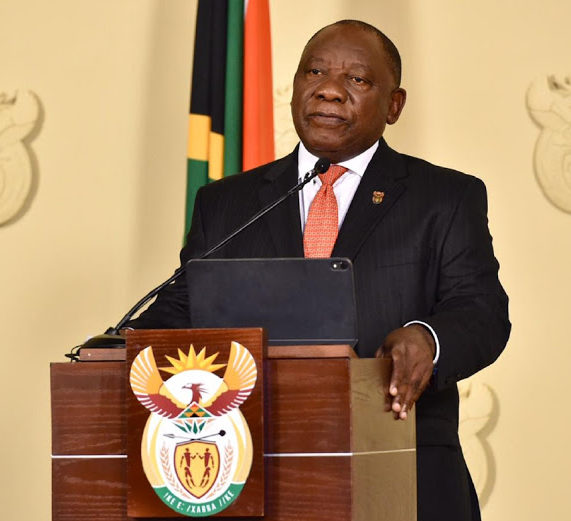
South Africa’s Cyril Ramaphosa is due to be sworn in for a second term in office as president, despite failing to security a majority in parliament in last month’s election for his African National Congress (ANC).
Lawmakers re-elected him to stay on as president last week following a deal to form a coalition government between the ANC, its long-time rival Democratic Alliance (DA) and other parties.
The ANC, which has governed since the end of apartheid in 1994, lost its majority for the first time after the 29 May election produced no outright winner.
Many heads of states and dignitaries from around the world are expected to attend the inauguration ceremony being held in the capital, Pretoria.
The presidency has listed some of the countries that will be “represented at a high level” at the inauguration, including Angola, Uganda, Mozambique, China, Egypt, the State of Palestine and Cuba.
The ceremony, on a day which the presidency says is a normal working day, will include music and artistic performances, a 21-gun salute, military fly-bys and a march past by the country’s defence forces.
The uMkhonto weSizwe (MK) party formed six months ago by former President Jacob Zuma has said its officials will not participate in the “farcical” inauguration.
The party, which won 15% of votes and obtained 58 parliamentary seats, also boycotted parliament’s first sitting last Friday.
Mr Ramaphosa has kept the presidency even though the ANC lost 17% of the vote and 70 seats in parliament.
He did this through a power-sharing arrangement with the pro-business DA, a historic rival, and other parties.
The ANC got 40% of the vote, while the DA came second with 22%.
The coalition is a move to the political centre, because the ANC’s left-wing and populist breakaway parties rejected the invitation to join a national unity government.
Mr Ramaphosa is expected to appoint a cabinet soon after the inauguration, which is to include his new coalition partners – the DA and three other smaller parties. Together, the coalition accounts for 68% of seats in parliament.
The president is also expected to set out an agenda to rescue the flailing economy.
Under his rule, the economic performance has continued to suffer amid power cuts, rising crime and unemployment.
Mr Ramaphosa first became president in 2018 when his predecessor, Mr Zuma, was forced to resign because of corruption allegations – which he denied.
Source: bbc.com


